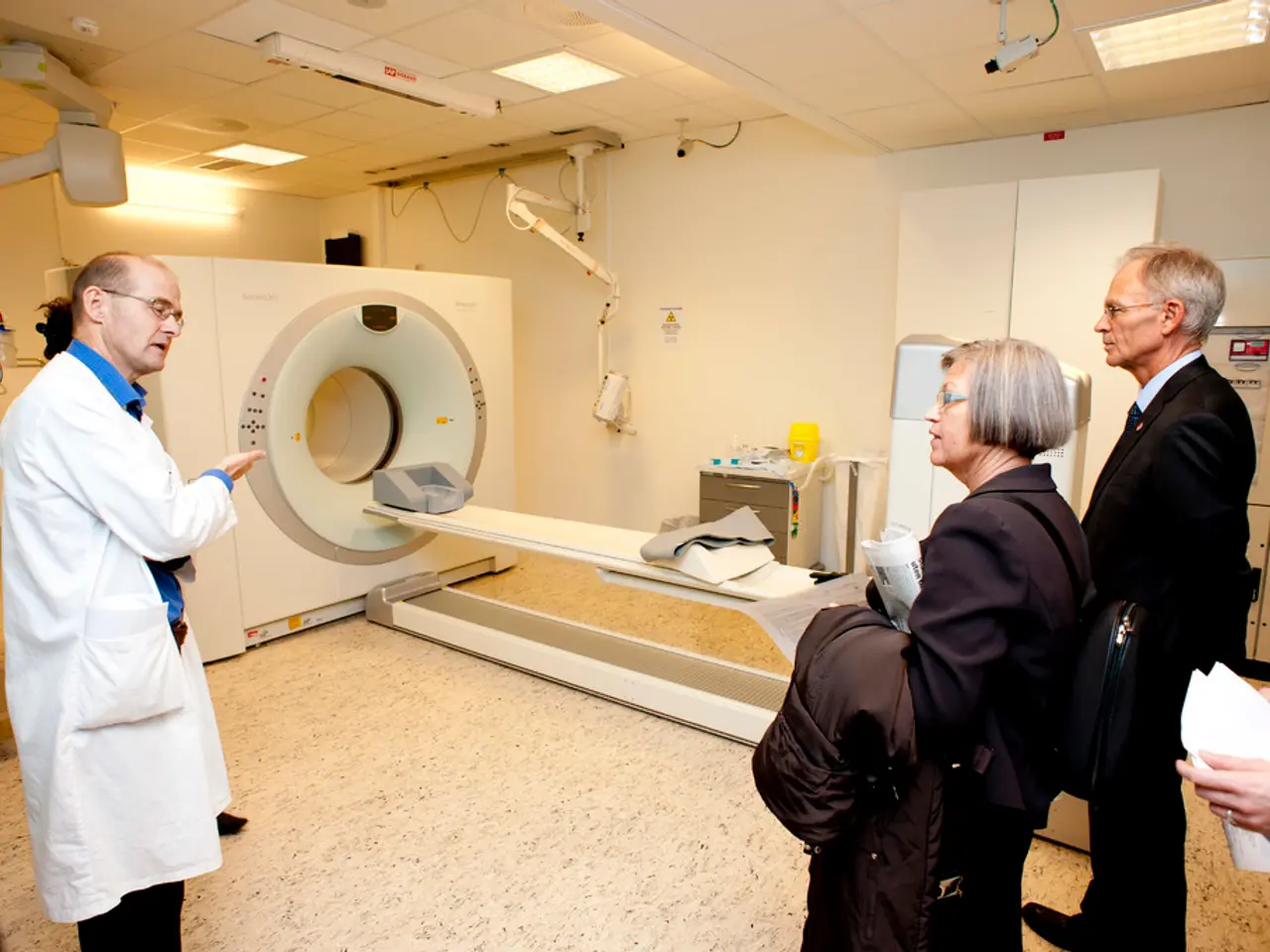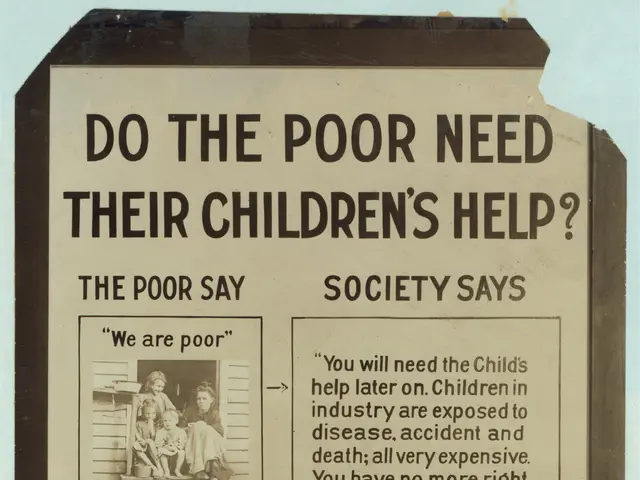AI Could Fix Healthcare’s $1.2 Trillion Administrative Burden—and Loneliness Crisis
Loneliness poses a health risk as severe as smoking fifteen cigarettes daily, according to the U.S. Surgeon General. Meanwhile, the healthcare system faces another pressing issue: excessive administrative costs that divert resources from patient care. A new wave of AI-driven solutions aims to tackle both challenges by streamlining processes and freeing up clinicians’ time.
The U.S. healthcare system spends roughly $1.2 trillion annually on administrative tasks—more than the total healthcare budgets of Germany, the UK, and France combined. Psychiatrists alone devote over 20% of their working hours to paperwork, while the ratio of administrators to clinicians stands at nearly 10 to 1.
As AI permeates healthcare, its greatest impact may lie in reshaping how time and money are spent. Faster access to care, reduced paperwork, and more focused clinicians could redefine the system. The shift promises not just efficiency but a return to the core mission of medicine: helping people.






